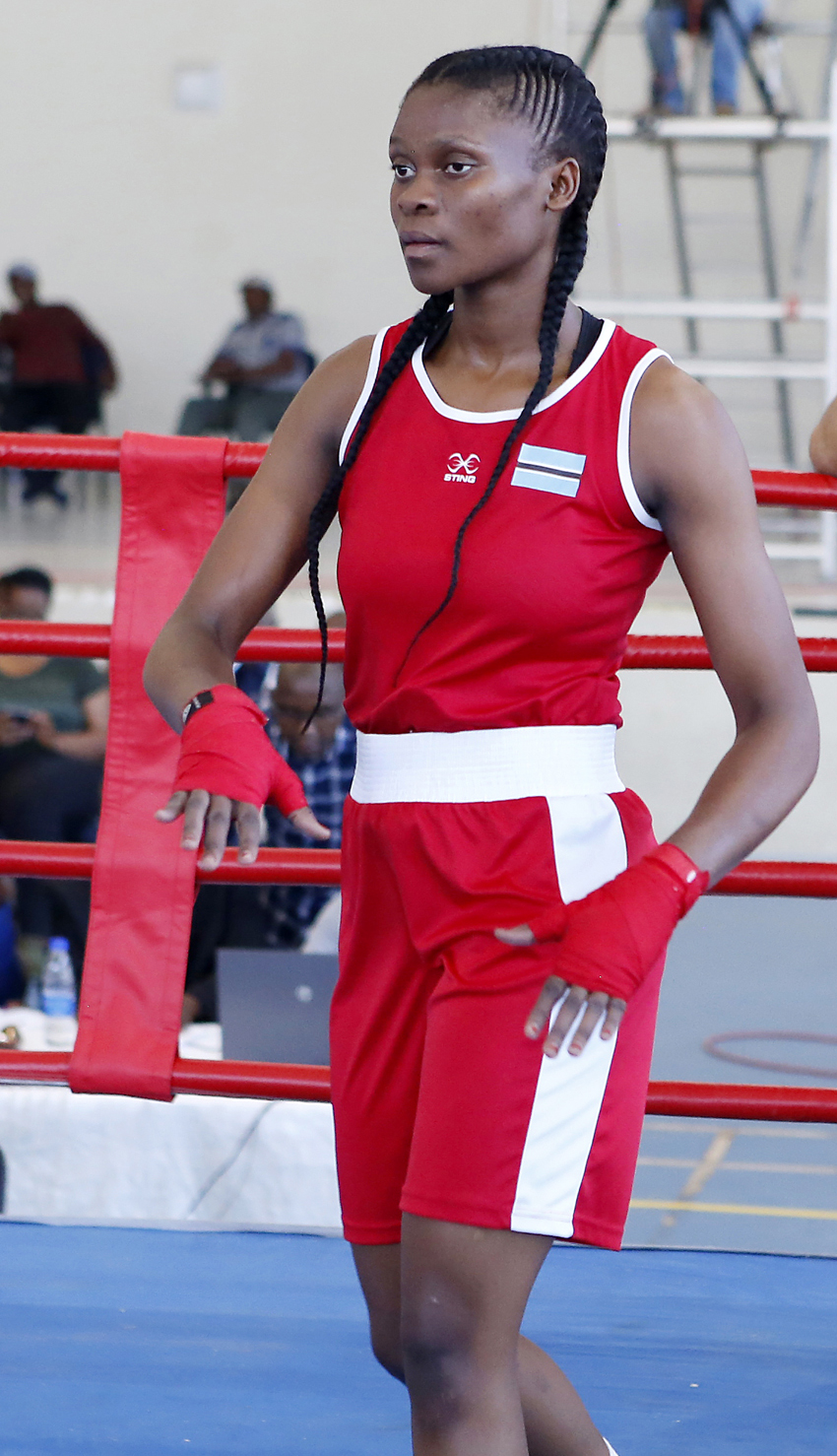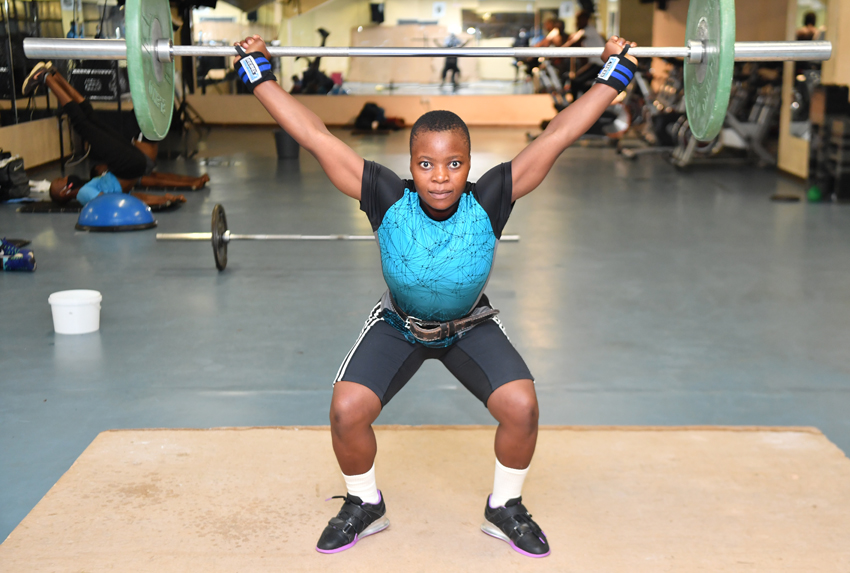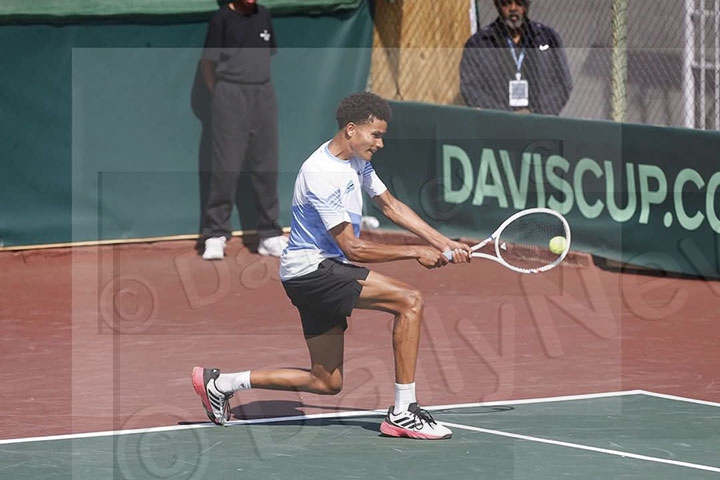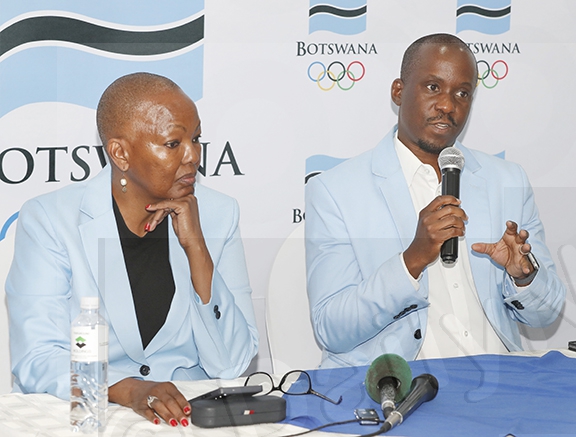Stereotypes may affect sport
24 Nov 2021
Cultural barriers and gender stereotypes have proved to be costly to sport development.
In some cultures a girl child’s place is solely in the kitchen while a boy can enjoy playing and watching sport.
In her journal: The Interdependence of Sport and Culture, Günther Lüsch says within a society, there could be sub-systems that have their own sub-culture, which is another influence on sport.
She says the female role in modern societies still depends on a culture that stresses obedience as the main value-orientation, while the male culture is oriented towards achievement.
It is for these reasons that some organisations are lobbying parents to allow girls and boys to equally participate in sport including boxing, football, weightlifting and karate.
In its website, the International Olympic Committee (IOC) says the organisation is taking continuous action to advance gender equality, adding that progress has been made in terms of balancing the total number of athletes participating at the games. It, however, acknowledges that many other challenges and gaps remain.
The IOC says it is working to address the inequalities through leadership development, advocacy and awareness campaigns as well as appointing more women to leadership roles within the administration and key governance positions.
“Together with many Olympic Movement stakeholders, the IOC has implemented significant gender equality initiatives so that girls and women around the world are being given greater access and opportunities to participate in sport,” it says.
Despite resistance, some parents are warming up to the idea and research has indicated that with more conversations, parents are seeing sport as a vehicle that can diversify the economy and also bring bread to their tables.
Another burning issue besides culture that demoralises girls, is stereotyping.
Lydia Donnelly once stated that the inaccurate stereotype labeling women as the weaker gender puts them at the bottom of the sports totem pole.
“Growing up as a female athlete, I faced constant invalidation and underestimation from boys, solely based on the assumptions that society had ingrained in everyone’s head,” she said in an article.
She says ‘women are fragile. Women sit properly. Women do not fight. Now that I am 20 years old, I can understand why my gender must work twice as hard to get to the place women want to be,” Donnelly says.
For her part, women in sport champion, Game Mothibi, said women and girl children still experience challenges such as cultural barriers if participating in sport.
She said it was therefore imperative to educate communities about benefits of sport and the importance of participating in it, adding that all stakeholders needed to practice sport and ensure those in sport already enjoy the benefits and can role model for the upcoming ones.
Mothibi said it was therefore important that as they advocate for equal participation in sport, different entities should also educate the girl child to have strong personalities and to be assertive.
However, despite all the challenges, there is a ray of hope, given that lately Batswana women have been breaking the glass ceiling, in what has hitherto been male dominated codes.The country was represented by Magdeline Moyengwa in weightlifting and Keamogetse Kenosi in boxing at the just ended 2020 Olympics.
In addition to that, all other sporting codes are toeing the IOC line in ensuring equal participation in sport. ends
Source : BOPA
Author : Anastacia Sibanda
Location : GABORONE
Event : Interview
Date : 24 Nov 2021







